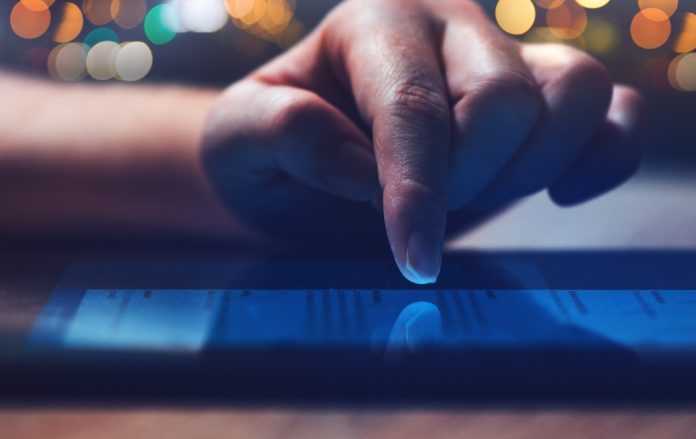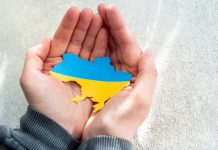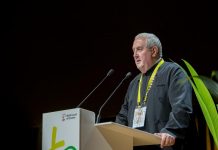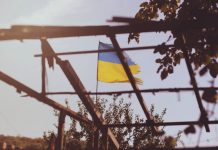A webinar series on “Human Rights, Ethics and Climate Change,” held in June and July, has offered a variety of perspectives on climate change and human rights from an ethical and spiritual perspective.
The series was organized on the occasion of the 44th session of the Human Rights Council by the Geneva Interfaith Forum on Climate Change, Human Rights and the Environment (GIF). GIF is composed of the Brahma Kumaris World Spiritual University, Dominicans for Justice and Peace, Lutheran World Federation, Soka Gakkai International and World Council of Churches.
During the first panel discussion—which focused on engaging grassroots partners, informing the general public, and proposing a spiritual perspective—Yeb Saño, executive director of Greenpeace Southeast Asia, reminded the audience that they live in the same world as before the COVID-19 crisis. “The climate crisis has not disappeared,” said Saño. “We live in the same world order that betrayed us.”
Saño urged people to use this disruption for the wellbeing of society—to create peaceful, egalitarian societies that strive for the public good. “There are clear climate injustices: communities in the Global South have paid for too long for the greed of others,” said Saño. “Communities living under the threat of climate change cannot have access to the most basic human rights.”
Hindou Oumarou Ibrahim, from the Association of Peul Women and Autochthonous Peoples of Chad (AFPAT), shared the perspective of indigenous peoples who make up less than 5% of the world population but support about 80% of the global biodiversity. “Indigenous and local communities around the world are depending on land resources. They have long years of living in harmony with ecosystems”, she said.
The second panel focused on a technical discussion on selected issues relating to human rights and climate change, providing an ethical perspective.
Athena Peralta, WCC programme executive responsible for Economic and Ecological Justice, shared the perspective that faith communities believe human rights are rooted in the ethical, moral and spiritual understanding that all human beings have inherent dignity. “In terms of institutions and policy, human rights help secure the respect for the dignity of life,” Peralta said. “Faith teaches us to look at the larger picture, the interconnections and relationships.”
Sharing the GIF statement submitted to the Office of the High Commissioner on Human Rights, Peralta observedthat COVID-19 and climate change are linked, “multiplying the impacts on people’s human rights, especially for marginalized or vulnerable groups.”
The third panel brought voices from Latin America and the Caribbean.
Igor Bastos, a campaign coordinator for the Global Catholic Climate Movement in Brazil, agreed that the current crises—environmental, social, economic—are interlinked. “It’s very difficult to have a vision for after the pandemic,” said Bastos. “Although the numbers of infected and passed people are published, although the hospitals are over capacity, the ‘denying’ movement is a real challenge, and is showing what will be the extent of the challenge after the COVID-19 crisis, too.”
Impacts are not the same for all, noted Bastos. “The social situation is so complex that COVID-19 is just one other worry in the full bag of preoccupations of local communities,” said Bastos. “There is false dichotomy between ‘defend life’ and ‘defend economy.”
WCC, oikoumene.org















